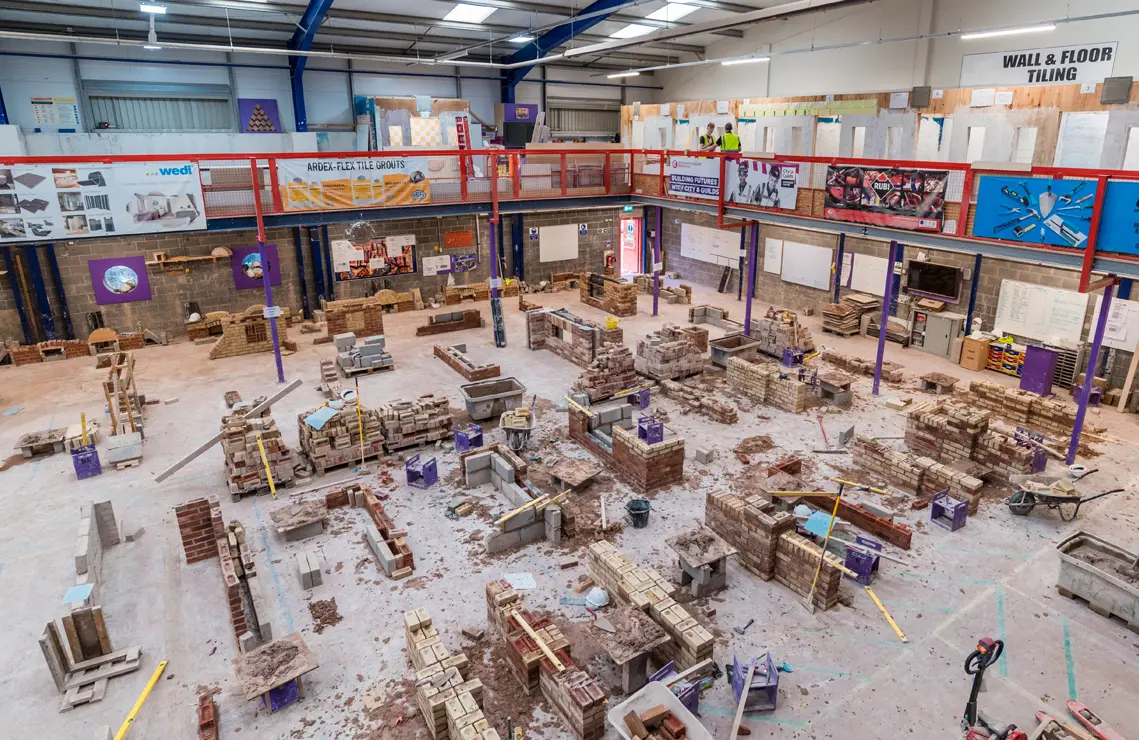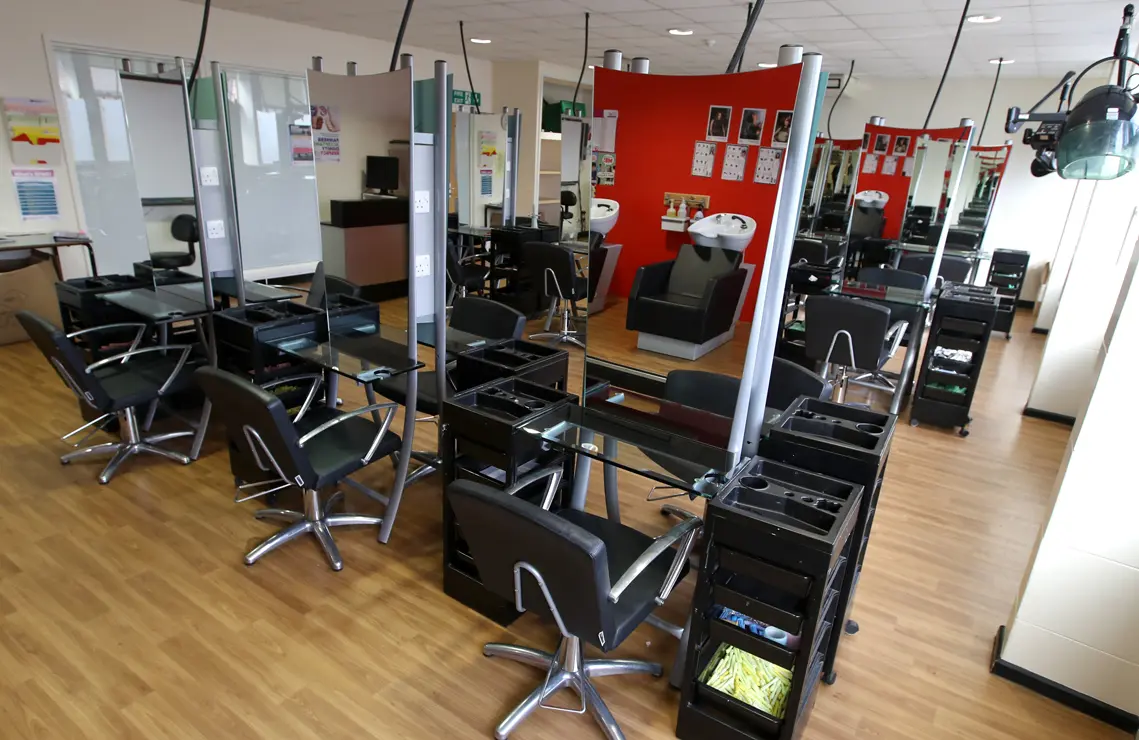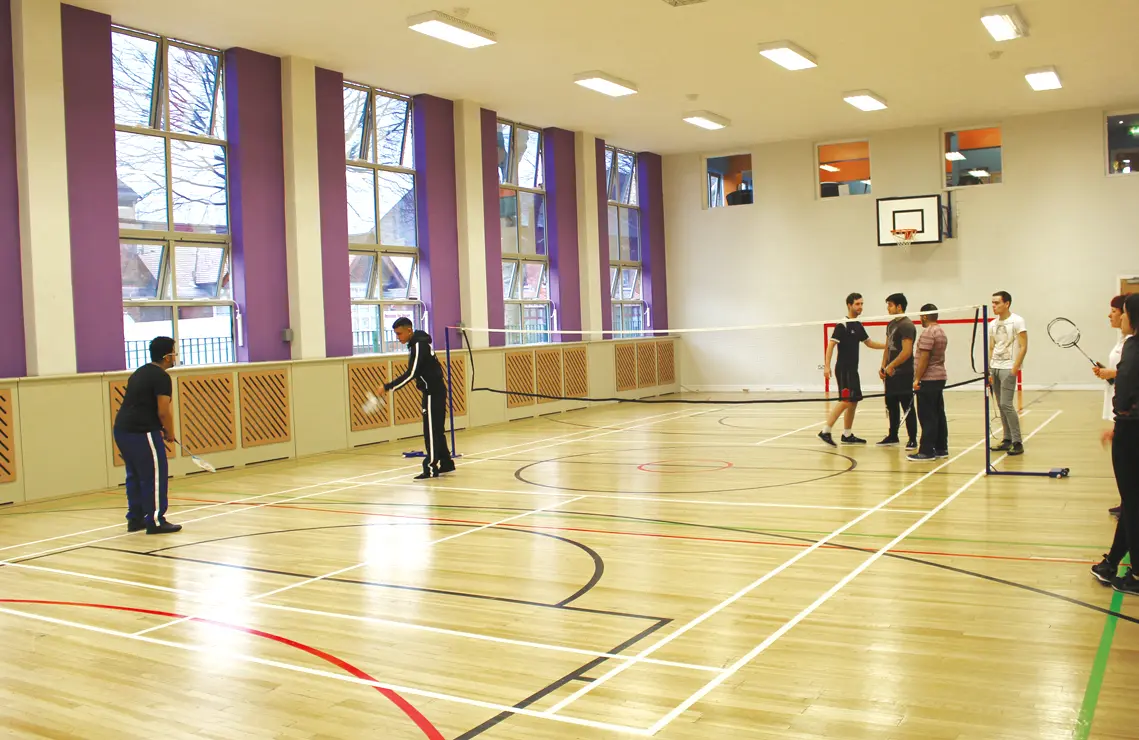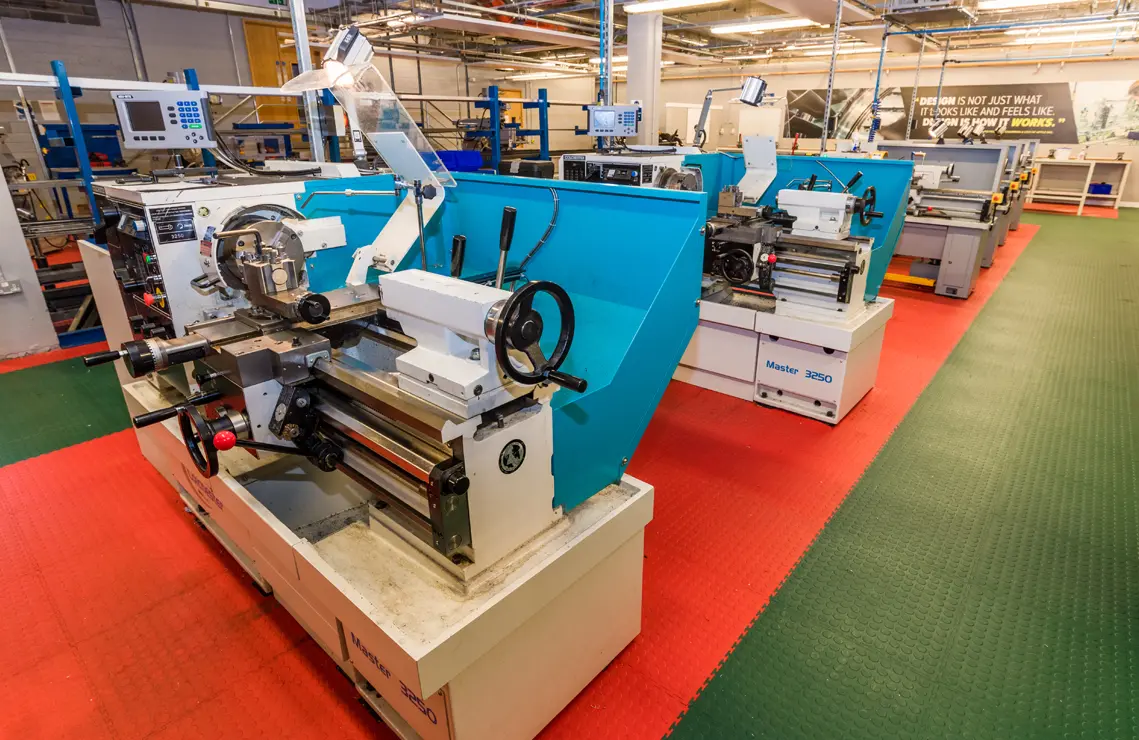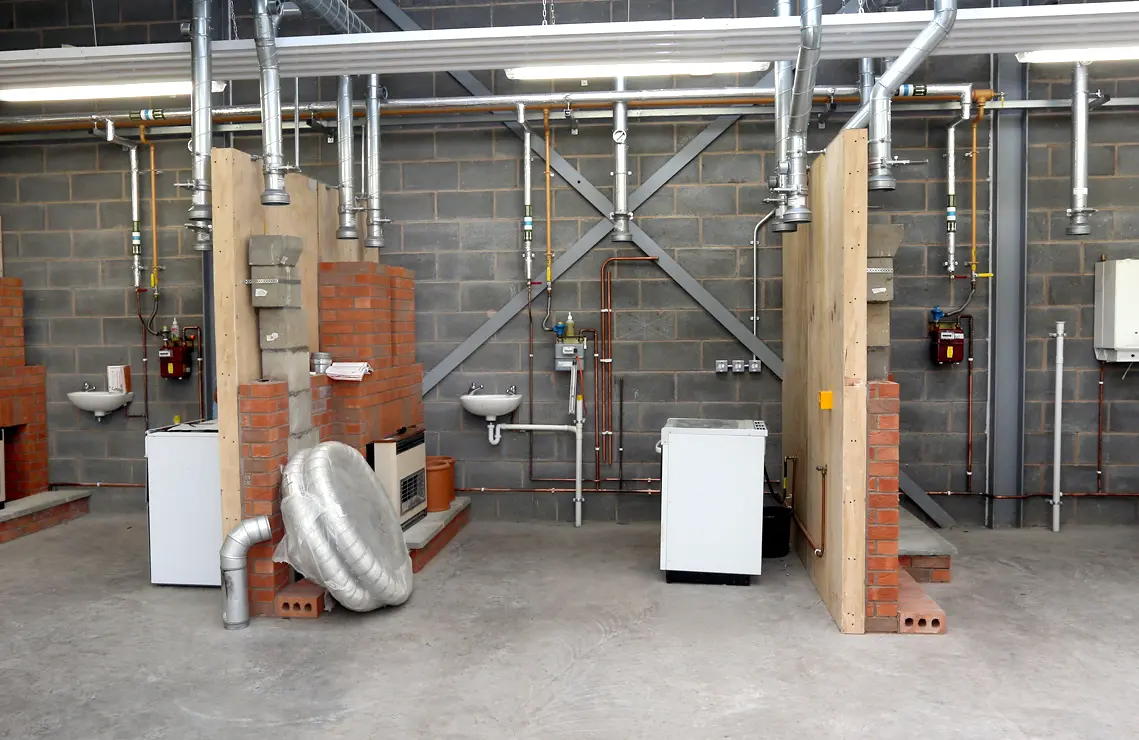Want to earn while you learn?
If you’re aged 16+ and are looking for a career that suits your skills and interests, an apprenticeship qualification could be the right choice for you.
If you are employed as an apprentice, you can expect a dedicated programme of training to give you skills and experience, along with at least the national minimum wage for apprenticeships.
Whether you’re just starting out or looking to progress in your current role, there are so many routes that training for an apprenticeship can take you down – from full-time work, to a higher-level apprenticeship, to university. The choice is yours.
What can I expect?

If you are employed as an Apprentice you can expect to receive a recognised programme of training designed to give you the skills and experience you need in that job role and business sector.
You will earn at least the minimum wage for an apprentice and work alongside experienced staff learning hands-on job-specific skills and getting invaluable experience. You will also usually attend college on a day release basis, improving your theoretical knowledge of the subject and working towards any required qualifications.
Apprenticeships are suitable for anyone 16 years and over and living in England.
You can be just leaving school, already in employment but needing new skills, or looking to start a new career.
Once you have completed an Apprenticeship, you will have a lot of options for your future – you can go on to do a higher level apprenticeship, continue your education and even go to university, or progress up the career ladder in your sector.
To find out more about apprenticeships, visit the Gov website about becoming an apprentice.
How do I apply?

If you’re already in employment, you can apply directly to the college to start an Apprenticeship Programme. Contact our Employer Services team on apprenticeshipteam@sccb.ac.uk or 0121 694 5066.
If you’ve not yet found an employer, take a look at our current vacancies or visit the National Apprenticeship Service website.
We may also be able to help you find the perfect employment opportunity. In the meantime, why not start on a full-time course in a related area?
These level 3 apprenticeships are suitable for school leavers, those who have completed a level 2 apprenticeship or for existing employees who already have some experience in their job role.
How long is an apprenticeship?

Apprenticeships generally take between one and four years to complete, but the exact length can vary and depends on a range of factors, such as your skill level, the qualification being obtained and the industry.
Will I get paid?

The National Minimum Wage for all apprentices is £5.28 per hour. However, employers can choose to pay above this to reflect the job and the qualities of the apprentice.
Will I need any qualifications?

Employers will specify what qualifications they require for apprenticeship jobs in their business. Our staff will work with you to understand your current qualifications and to plan a learning and development programme tailored to meet your development needs and those of your employers.
What level apprenticeships do you offer?

We offer three types of apprenticeships at the college. The level you take depends on your current experience or qualifications.
Intermediate Apprenticeships
- These level 2 Apprenticeships are suitable for school leavers or those who have little or no experience working in a chosen area.
- You’ll work towards a work-based learning qualification, and functional skills such as maths, English and IT.
- Intermediate Apprenticeships are equivalent to five GCSEs.
- Once you complete an Intermediate Apprenticeship, you can progress to an advanced Apprenticeship at level 3 or continue in employment.
Advanced Apprenticeships
- These level 3 Apprenticeships are suitable for school leavers, those who have completed a level 2 Apprenticeship or existing employees who already have some experience in their job role.
- You’ll work towards a work-based learning qualification, such as level 3 competence qualifications, functional skills like English, maths and IT, and a relevant knowledge-based qualification.
- Advanced Apprenticeships are equivalent to two A Levels.
- Once you complete an advanced Apprenticeship, you can progress to a higher Apprenticeship at level 4, continue on to a Higher Education course, or move up the career ladder in employment.
Higher Apprenticeships
- These are levels 4-6. A Higher Apprenticeship is similar to other Apprenticeships. You get to build up practical work experience while progressing academically to a Higher Education-level qualification.
- Higher Apprenticeships offer existing apprentices, employees and school/college leavers a different route to university study.
What can I do after an apprenticeship?

Once you’ve completed your apprenticeship, you’ll discuss with your employer whether you need to progress further into a higher level apprenticeship programme. Most importantly, an apprenticeship will give you the knowledge, skills and qualifications for employment in your chosen occupation and sector.
Apprenticeship Prospectus

Our Apprenticeship Prospectus provides details of the different subjects and paths that you can study with us. It also provides a wide range of information about our college centre, including:
- Our focus on producing employable students
- Our excellent student support
- Our student successes
- Detailed information about course levels and qualifications
- Your journey to studying with us
- Our fantastic facilities
Download your copy here
How do I apply?
You can apply on this website, by searching for a course that you want to do. What is important is that you disclose your needs on your application form so that we can assess you and arrange your support before you start your course.
Apprenticeship Enquiry Form:
Apprenticeship team
Contact the Apprenticeship team

